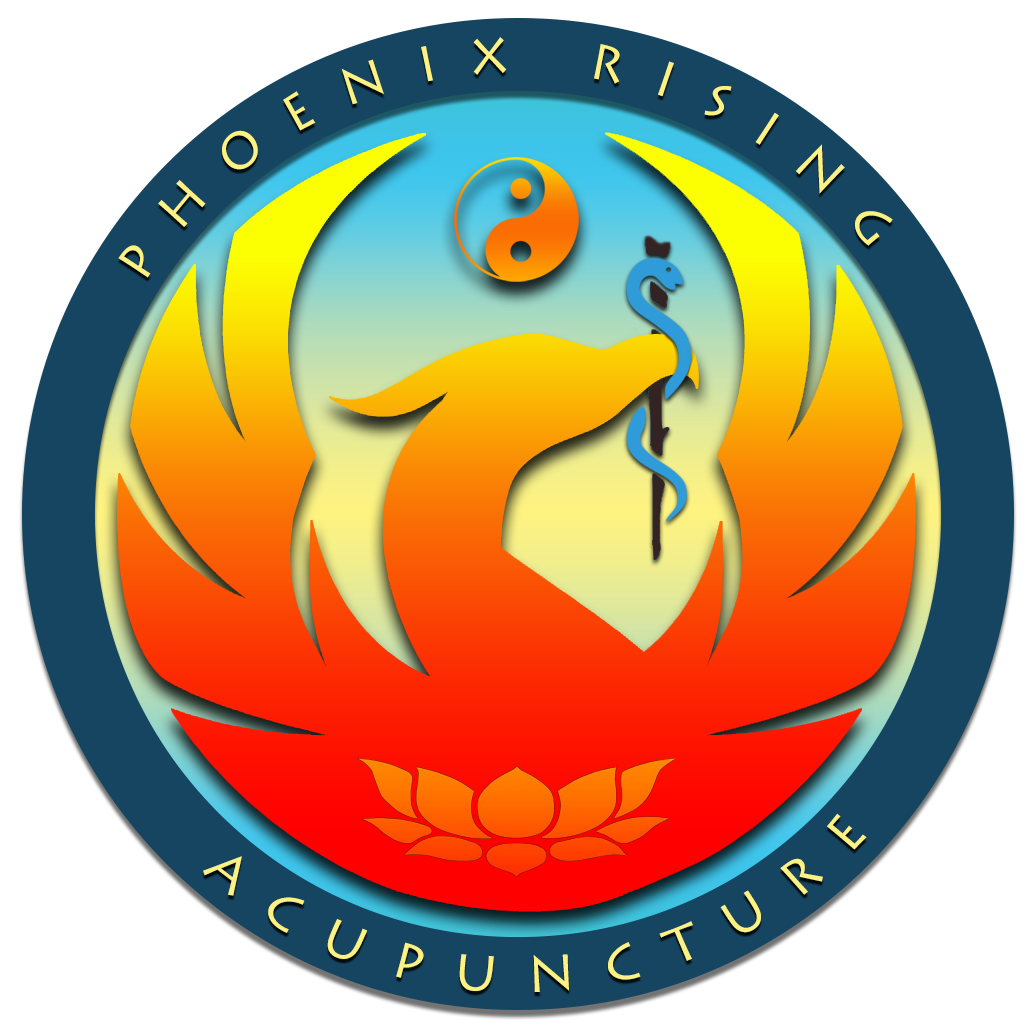The Spoon Theory and the Benefits of Acupuncture
Living with a chronic illness or disability can be challenging, especially when it comes to managing your energy levels. The Spoon Theory is a popular metaphorical explanation that helps people with chronic illnesses or disabilities explain their limited energy levels to others. Acupuncture is a complementary therapy that can help alleviate symptoms of chronic illnesses and help manage energy levels. In this blog post, we will explore the Spoon Theory and the benefits of acupuncture.
What is the Spoon Theory?
The Spoon Theory was created by Christine Miserandino, who was diagnosed with lupus. She used spoons as a metaphorical representation of the limited amount of energy she had each day. The idea is that every task you do requires a certain number of spoons, and once you run out of spoons, you are out of energy. The Spoon Theory is used by people with chronic illnesses or disabilities to help explain their limitations to others.
For example, getting out of bed in the morning might require one spoon, taking a shower might require two spoons, and going grocery shopping might require three spoons. If you only have 10 spoons for the day, you will have to use them wisely to ensure you have enough energy for the essential tasks.
The Spoon Theory has become a popular metaphorical representation of chronic illnesses and disabilities, and it has helped many people explain their limitations to their friends and family.
What is Acupuncture?
Acupuncture is a complementary therapy that involves the insertion of thin needles into specific points on the body. It is a form of Traditional Chinese Medicine and has been used for over 2,000 years. Acupuncture aims to restore balance to the body by stimulating specific points along energy channels called meridians.
The World Health Organization recognizes acupuncture as an effective treatment for a variety of conditions, including chronic pain, migraines, and osteoarthritis.
How Acupuncture Can Help with Chronic Illnesses
Acupuncture can help people with chronic illnesses in many ways. Here are some of the benefits of acupuncture:
Pain Relief
Acupuncture is an effective treatment for chronic pain. It stimulates the release of endorphins, which are natural painkillers produced by the body. Acupuncture can help alleviate pain caused by conditions such as arthritis, fibromyalgia, and migraines.
Reducing Stress and Anxiety
Acupuncture can help reduce stress and anxiety levels. It stimulates the parasympathetic nervous system, which is responsible for the body's relaxation response. Acupuncture can help calm the mind and reduce anxiety levels.
Improving Sleep
Many people with chronic illnesses have trouble sleeping. Acupuncture can help improve sleep quality and quantity. It stimulates the release of melatonin, a hormone that regulates sleep.
Boosting Energy Levels
Acupuncture can help boost energy levels. It stimulates the body's energy pathways and can help improve circulation. Acupuncture can help people with chronic illnesses feel more energized and less fatigued.
Reducing Inflammation
Inflammation is a common symptom of many chronic illnesses. Acupuncture can help reduce inflammation levels by stimulating the body's immune system. It can also help reduce swelling and pain caused by inflammation.
Acupuncture can be a safe and effective treatment for people with chronic illnesses. It is a complementary therapy that can be used in conjunction with other treatments, such as medication and physical therapy.
Acupuncture and the Spoon Theory
Acupuncture can be particularly beneficial for people with chronic illnesses who are managing their energy levels using the Spoon Theory. Acupuncture can help improve energy levels and reduce fatigue, making it easier for people to manage their daily tasks.
Acupuncture can also help alleviate pain and reduce stress levels, which can make it easier for people to complete their daily tasks without using up too many spoons.
For example, if someone with a chronic illness has to go grocery shopping, they might need three spoons. However, if they are experiencing pain and fatigue, they might use up more spoons than they have, which could leave them exhausted and unable to do other tasks. Acupuncture can help reduce pain and fatigue levels, which can make it easier for them to complete the task without using up too many spoons.
Acupuncture can also help reduce stress and anxiety levels, which can be particularly helpful for people with chronic illnesses. Chronic illnesses can be stressful, and stress can exacerbate symptoms, leading to a vicious cycle. Acupuncture can help break this cycle by reducing stress levels, which can help alleviate symptoms and improve overall well-being.
In addition, acupuncture can help improve sleep quality and quantity, which can help people with chronic illnesses feel more rested and energized. Getting enough sleep is essential for managing energy levels, and acupuncture can be a helpful tool in achieving this.
Conclusion
The Spoon Theory is a useful metaphorical representation of chronic illnesses and disabilities that has helped many people explain their limitations to others. Acupuncture is a complementary therapy that can help alleviate symptoms of chronic illnesses and improve energy levels. Acupuncture can be particularly beneficial for people with chronic illnesses who are managing their energy levels using the Spoon Theory. It can help reduce pain, fatigue, stress, and anxiety levels, which can make it easier for people to complete their daily tasks without using up too many spoons. If you are living with a chronic illness or disability, acupuncture may be a beneficial therapy to explore. As always, it is essential to discuss any new treatments or therapies with your healthcare provider before starting.
